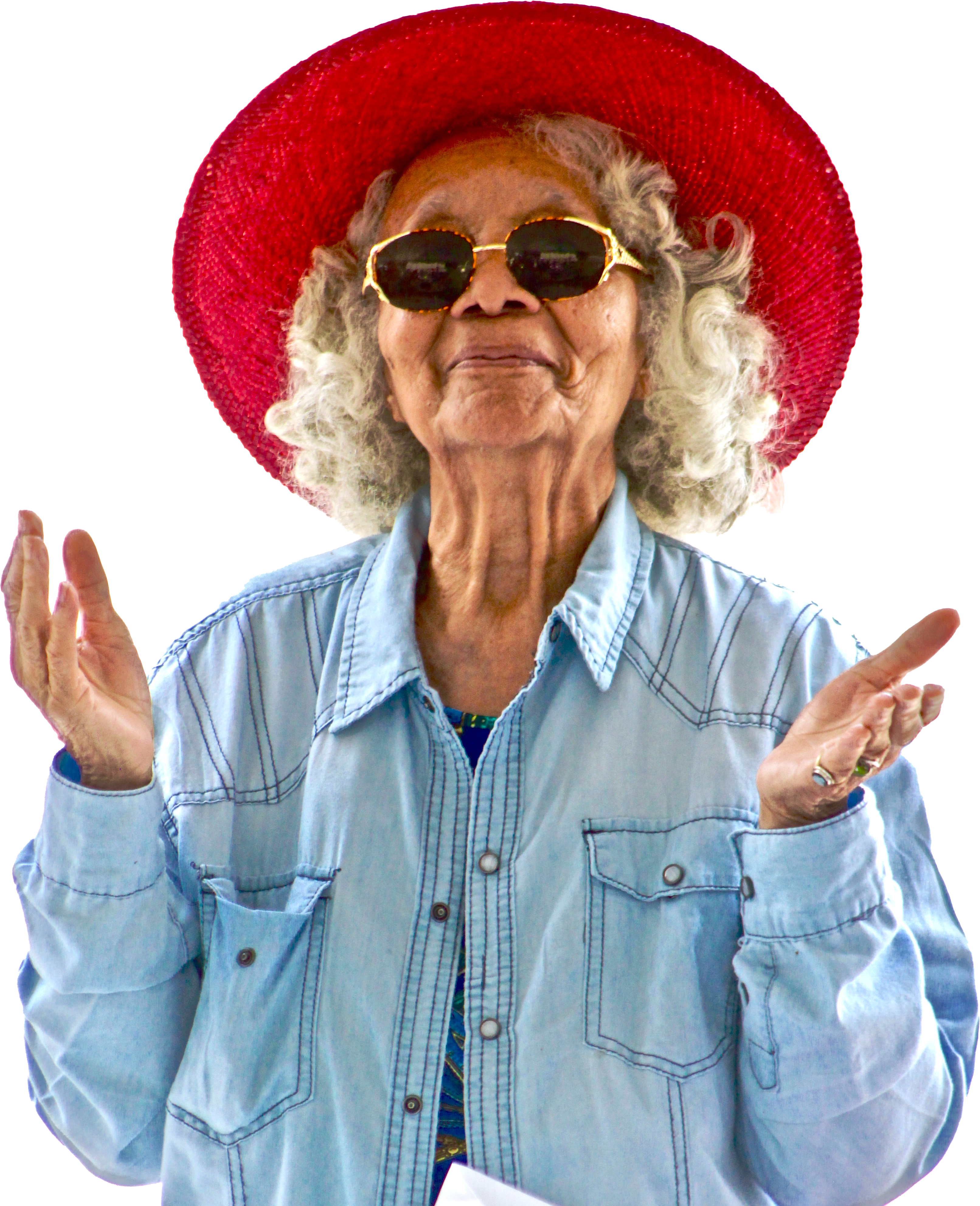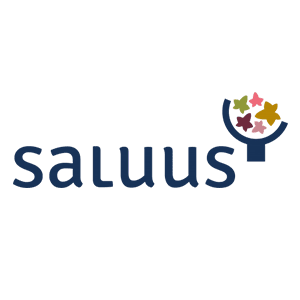
DigIT aims to promote digital skills among adult educators for them to be able to design high-quality digital educational programs for senior learners.









Promoting the exchange of Good Practices and work methodologies, encouraging strong international teamwork, capacitating the involved organizations, particularly in terms of using innovative educational digital tools.







Providing an opportunity to adult educators to participate in a transnational educational exchange among professionals from different countries, reinforcing a European identity and Intercultural learning.







Empowering facilitators and educators on how to promote key digital competencies and personal development among seniors.







Eploring different digital tools for the design of educational opportunities for seniors.







Introducing and reflecting on the design of non-formal education for seniors.







Deepening the needs and potential of the seniors' population regarding digital literacy.


With this project, we are promoting the valorization of adult educators in the active aging promotion. By creating a booklet of digital tools to be used in the teaching of +60 senior learners and organize training opportunities for adult educators, we will be contributing to the professional development of adult educators and ultimately to the availability of high-quality learning opportunities for senior adults, particularly for seniors with a low level of skills, knowledge and competences.






